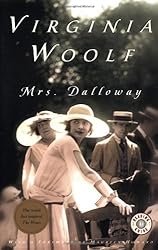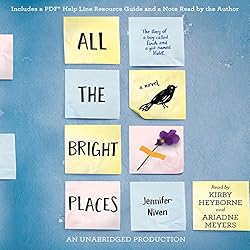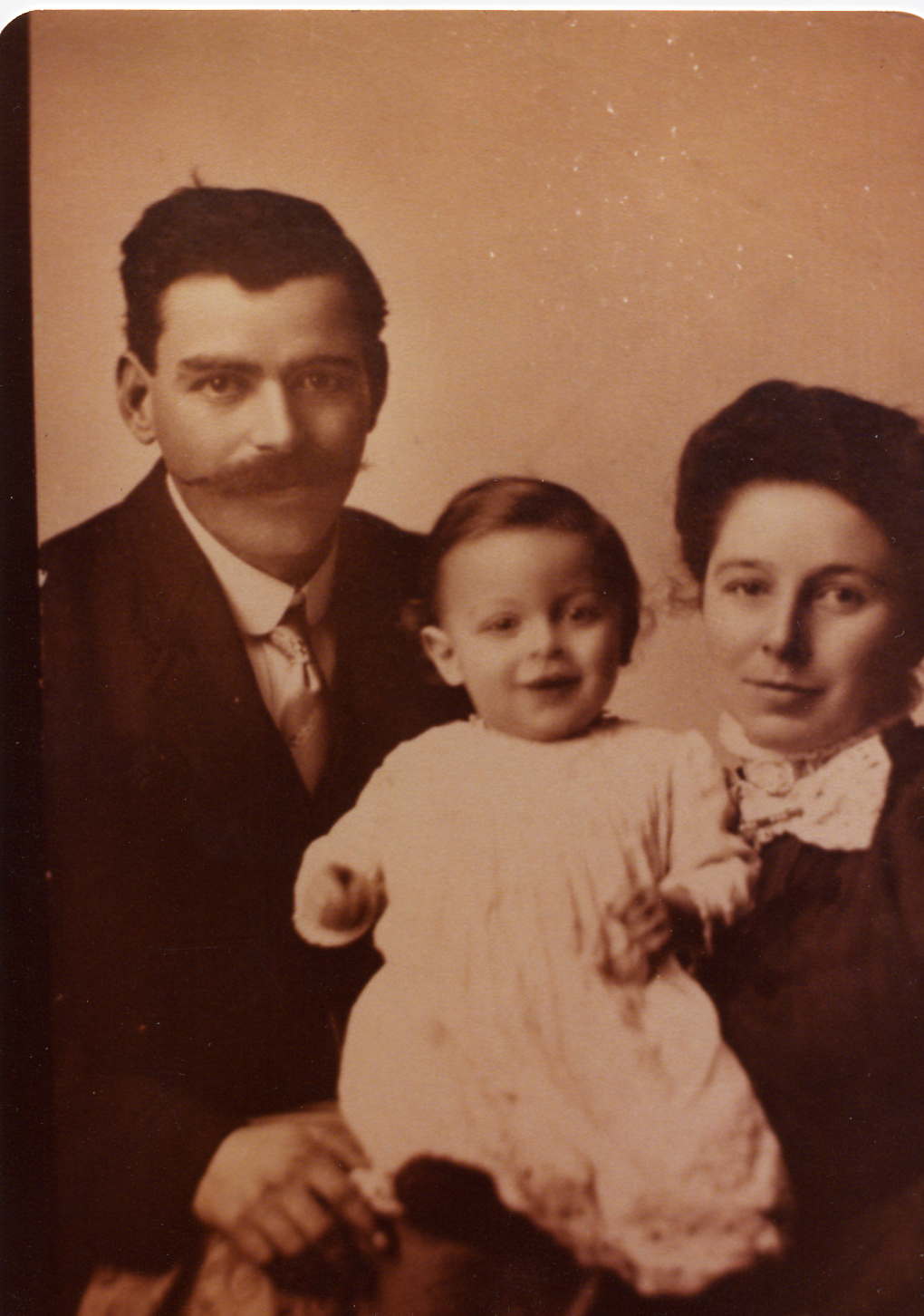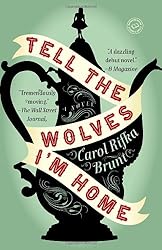 I read and reviewed the first volume of John Lewis’s civil rights graphic memoir March: Book One. It took me a little while to get around to reading Book Two, but I picked it up today.
I read and reviewed the first volume of John Lewis’s civil rights graphic memoir March: Book One. It took me a little while to get around to reading Book Two, but I picked it up today.
March: Book Two picks up where Book One left off after successful sit-ins in Nashville. In this volume, Lewis becomes more involved with SNCC and becomes increasingly involved in the Civil Rights Movement. He describes participation in several protests, namely attempting to integrate a movie theater in Nashville and testing the Boynton v. Virginia Supreme Court decision through participation the Freedom Rides. He rises to Chairman of the SNCC and describes his role in the March on Washington. He also mentions the Children’s Crusade in Birmingham as a pivotal moment that convinced Kennedy he needed to act (of course, he was assassinated before the Civil Rights Act could be passed). The book ends as the 16th Street Baptist Church is bombed.
Graphic memoir is the perfect medium for telling this story. As much as I have read about it and heard about it and even seen some pictures, these drawings of the frequent violence convey the danger and menace in ways that other media cannot. Cameras could not always go the same places as the soldiers on the frontline of the Civil Rights Movement went, but their memories can be brought to life through this artistic medium.
As with the first volume, this volume flashes back and forth between Barack Obama’s inauguration and Lewis’s memories of the Civil Rights Movement. If anything, the device works even better in this volume. It easy to see how the experiences Lewis had in the 1960’s would have been on his mind as he watched America’s first African-American president be sworn into office.
As in the previous volume, this volume taught me some things I didn’t realize. I didn’t know that Lewis knew Stokely Carmichael. I guess I should have known they knew each other because Lewis has talked about being sent to Parchman Farm with the Freedom Riders, and Carmichael was sent there for the same reason. I guess we tend to compartmentalize and organize people who participated in the Movement without the understanding that at first, they were working side by side (at least a little bit). Carmichael succeeded Lewis as chairman of SNCC. Like I said, I didn’t put it together somehow. I am also a bit embarrassed to admit that though I knew Lewis was there at the March on Washington and at Selma, I didn’t realize he was a Freedom Rider. Lewis has said that he wanted to write his memoir in this way to share his remembrances of the Civil Rights Movement because he thought children would learn from it. Not that this book is just for children or could necessarily be considered a children’s book. However, I think Lewis was on to something with this idea. Here are some tweets with images of Lewis at the San Diego Comic Con, dressed in cosplay as himself—as he dressed for the Selma March.
I had the opportunity to recreate what I wore on March 7, 1965 and march with some amazing young people. pic.twitter.com/0zjGj4jv86
— John Lewis (@repjohnlewis) July 12, 2015
John Lewis shows Comic-Con what a real-life superhero looks like http://t.co/y4Mfohs9z2 pic.twitter.com/mXH8se5q7o
— HuffPost Politics (@HuffPostPol) July 13, 2015
Perhaps the greatest thing ever: Congressman John Lewis at Comic Con in costume as himself. http://t.co/ZLxgSTmEpv pic.twitter.com/4M36uxmBPr
— Ari Kelman (@AriKelman) July 12, 2015
Yes, I think Lewis gets it about the way to tell his story.





























